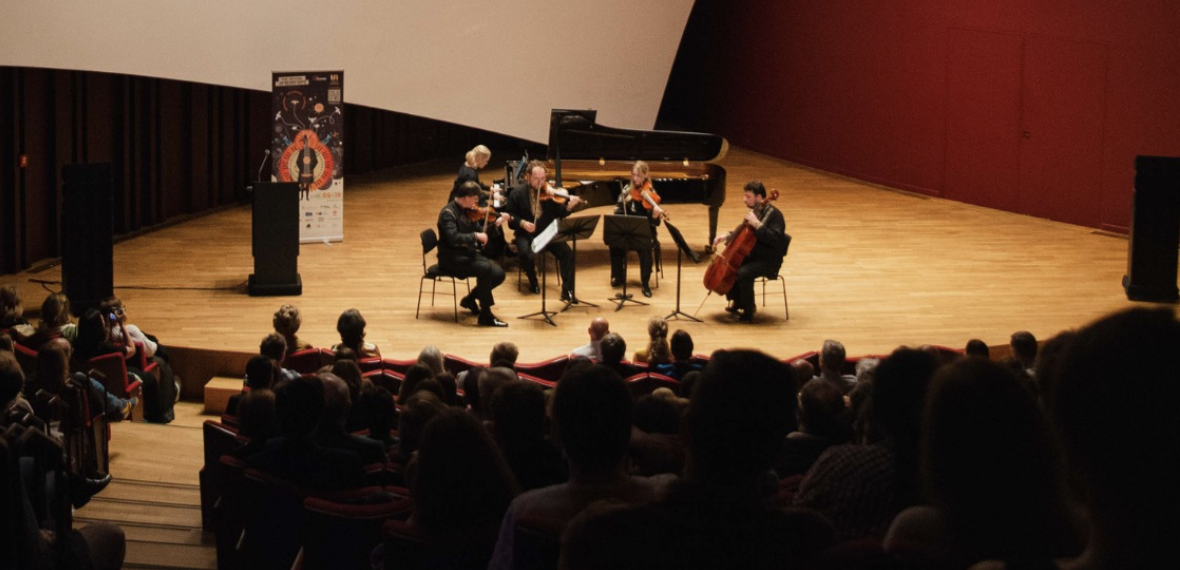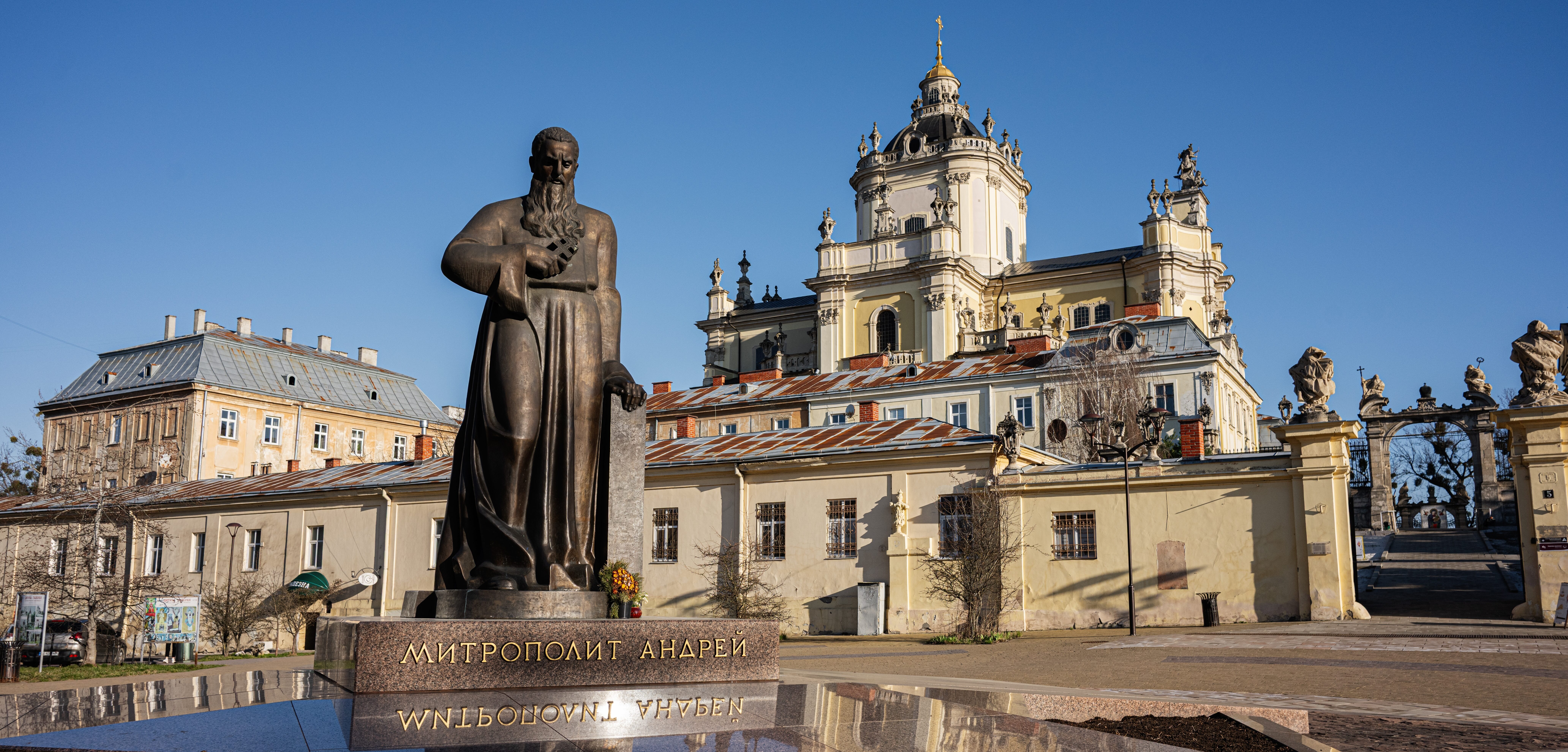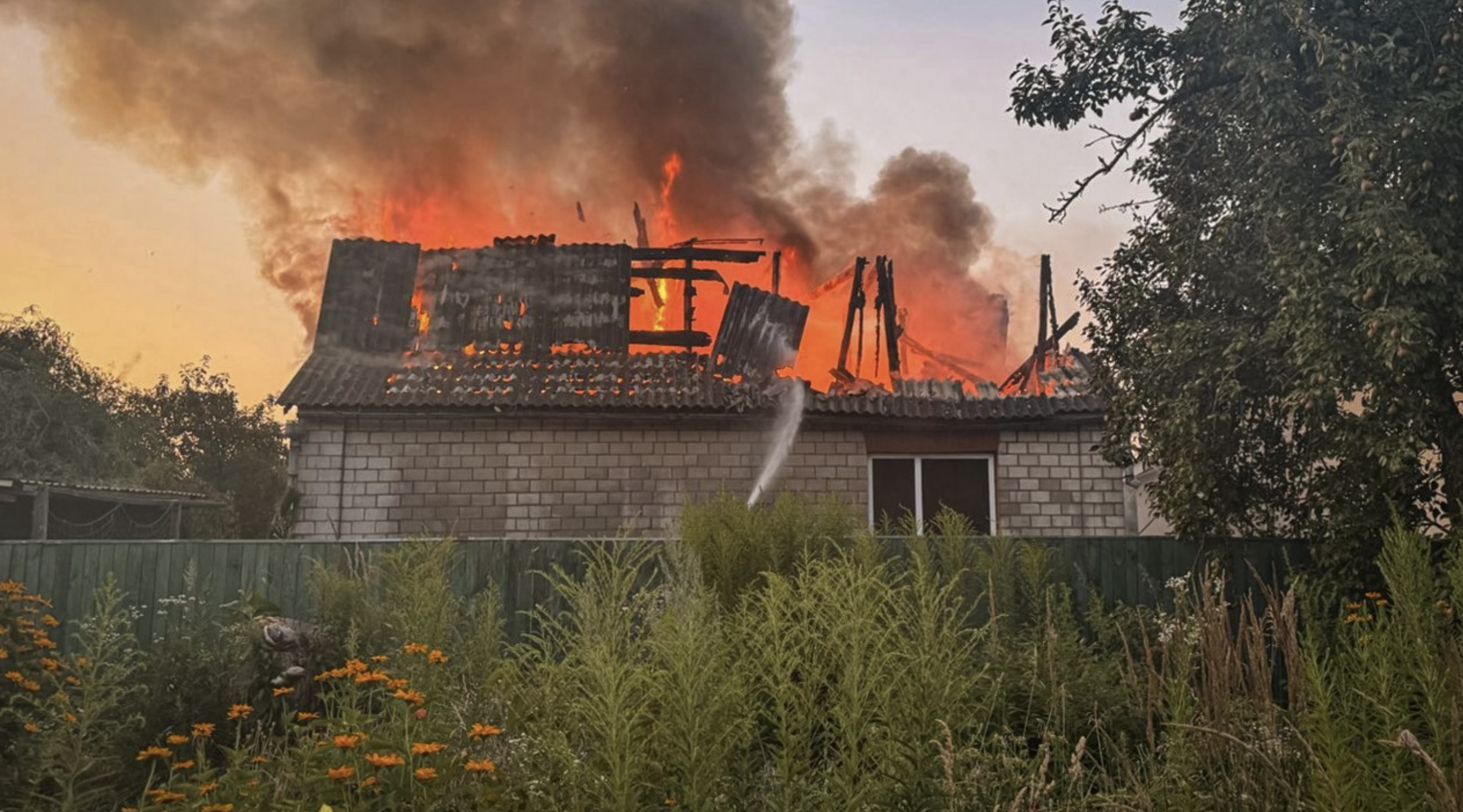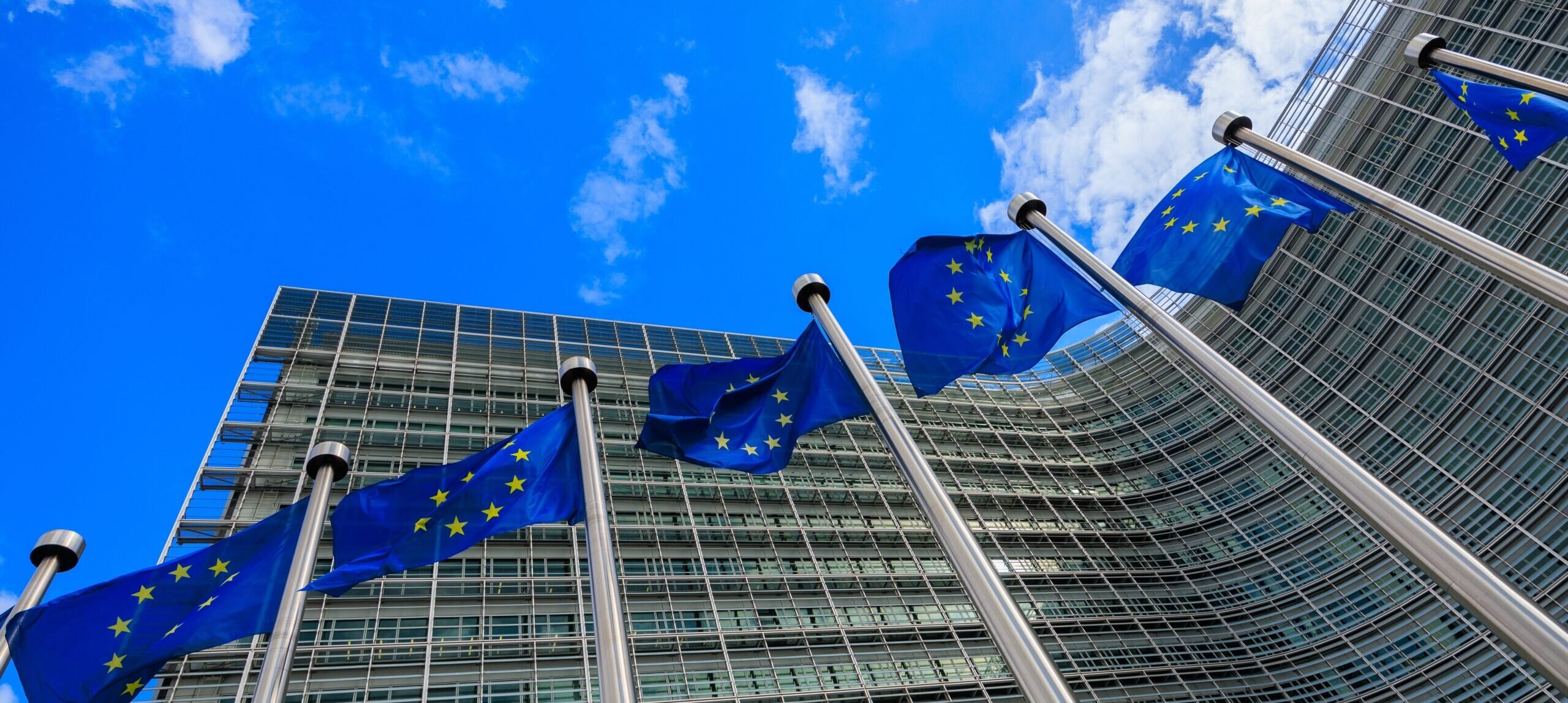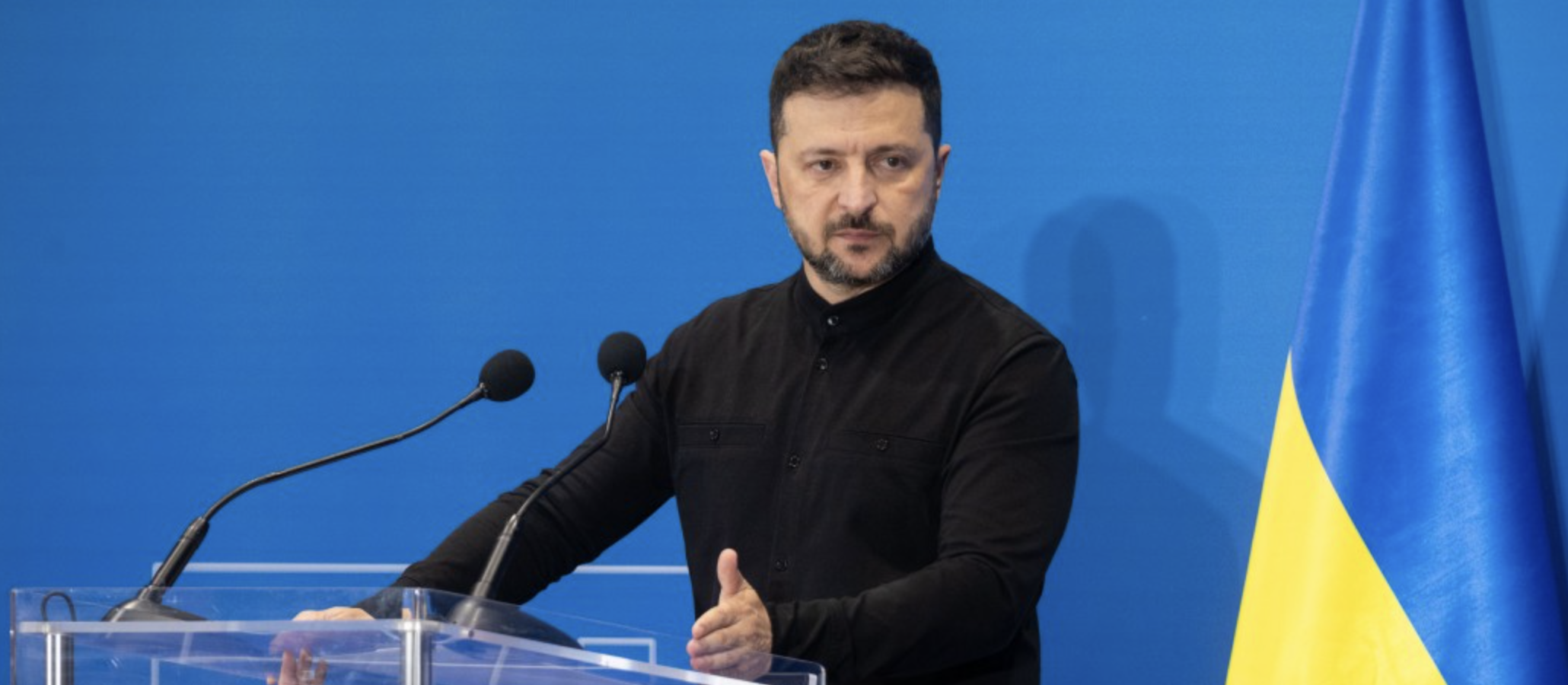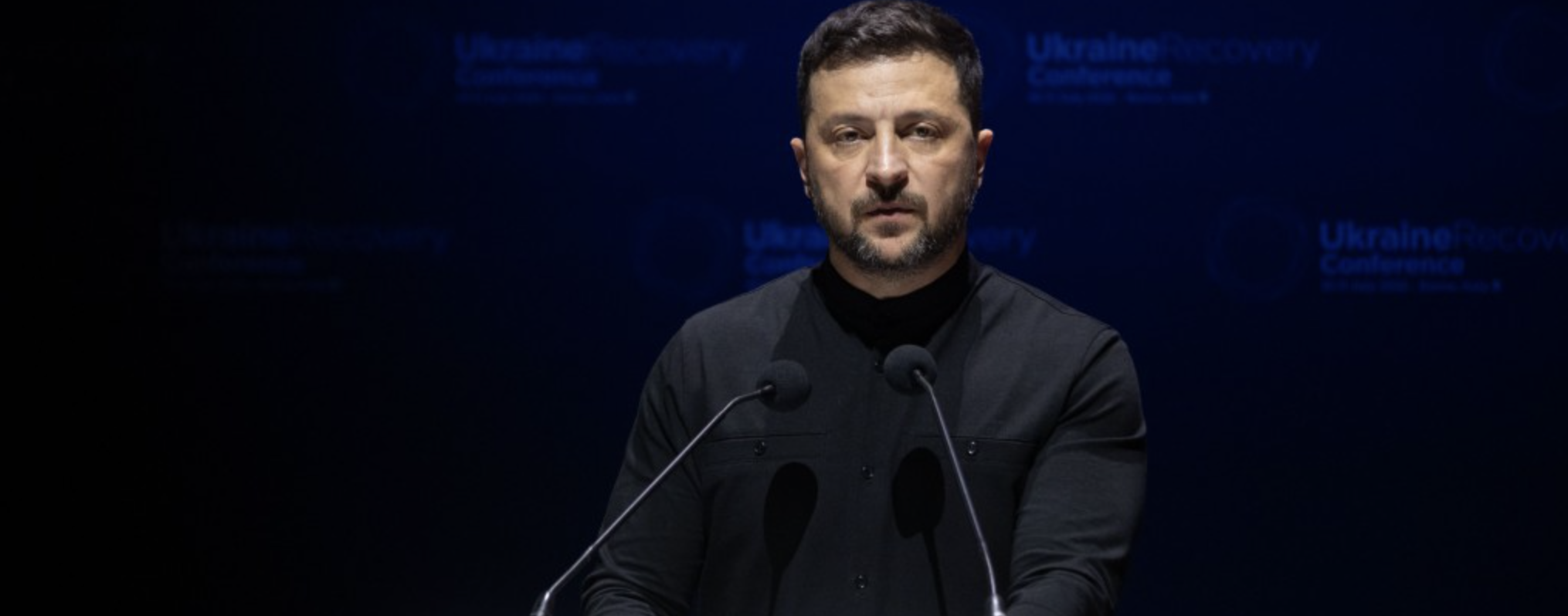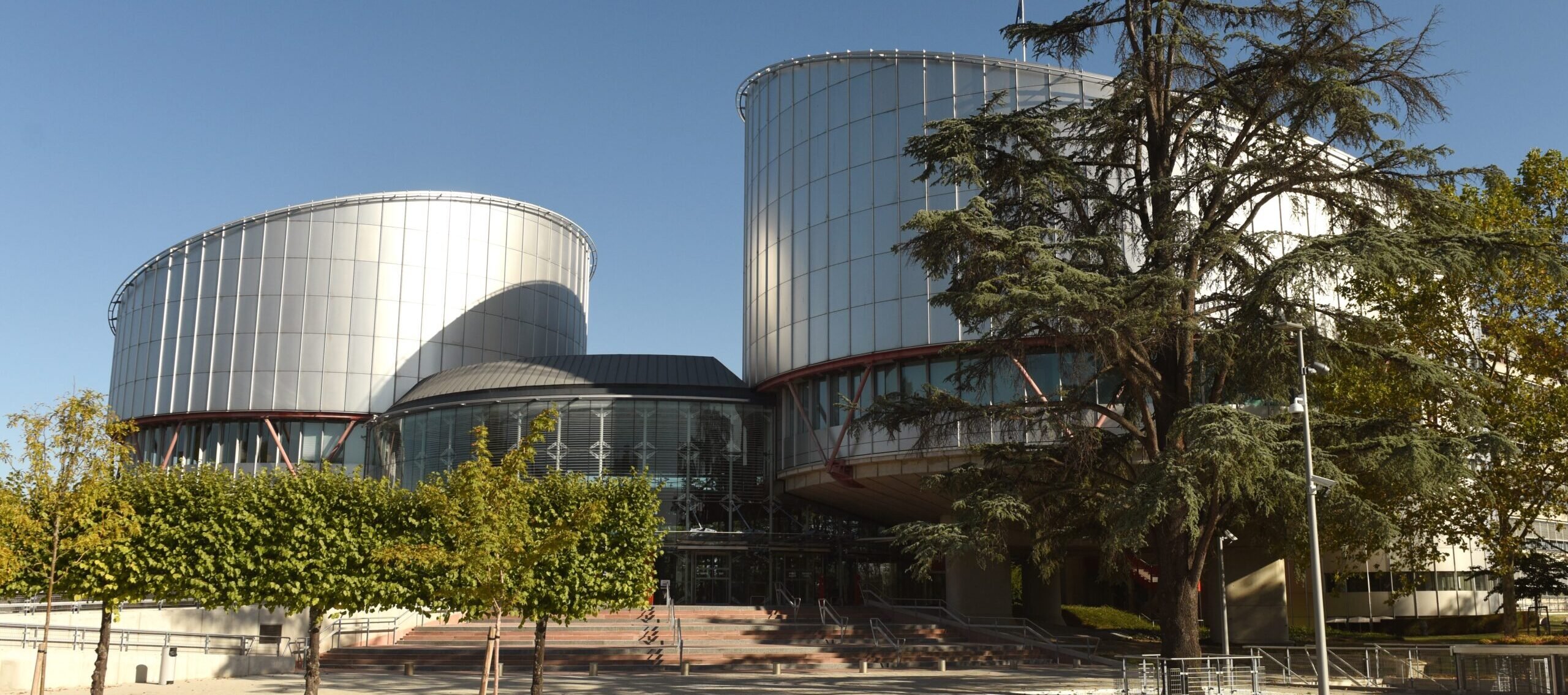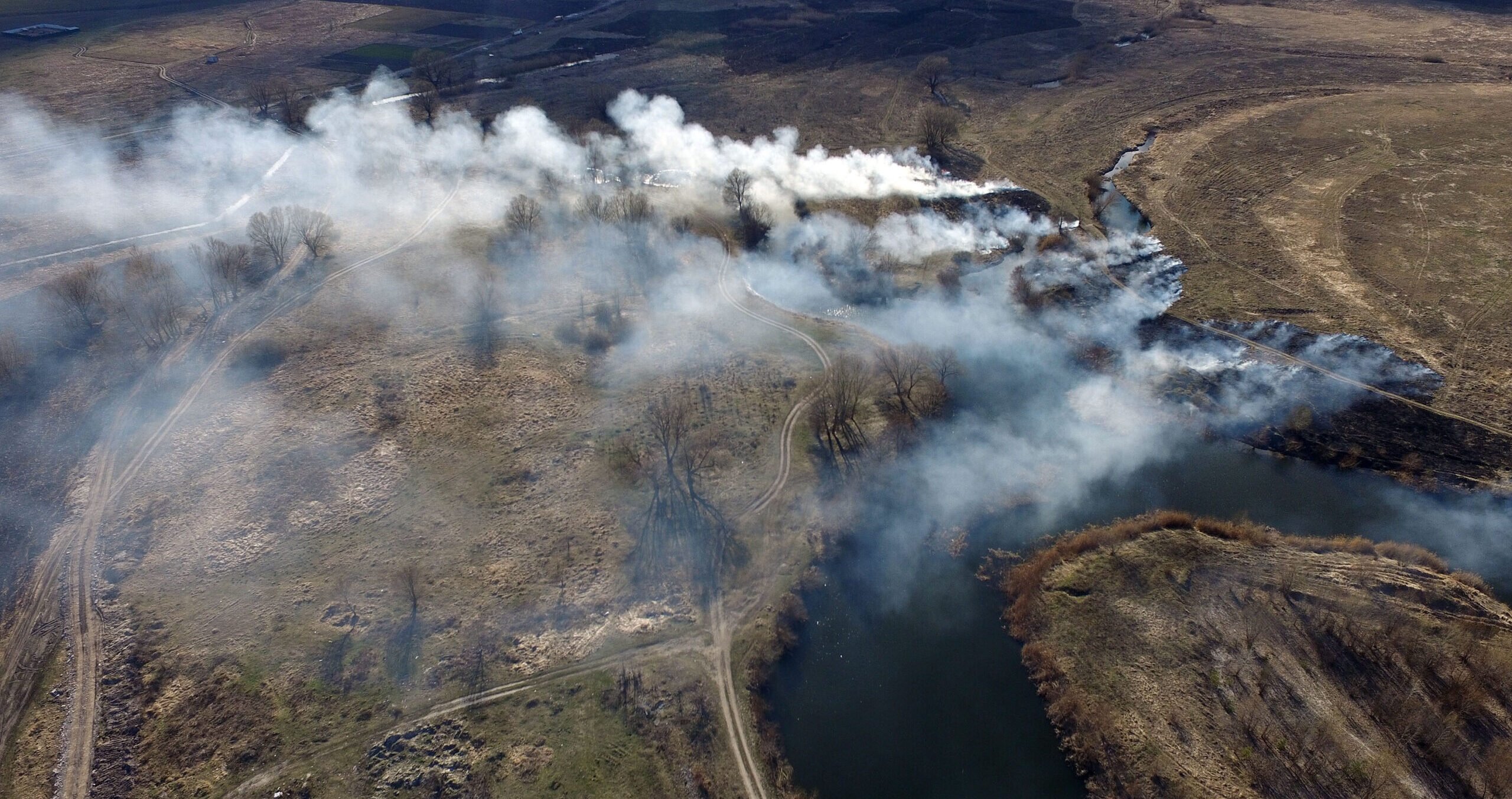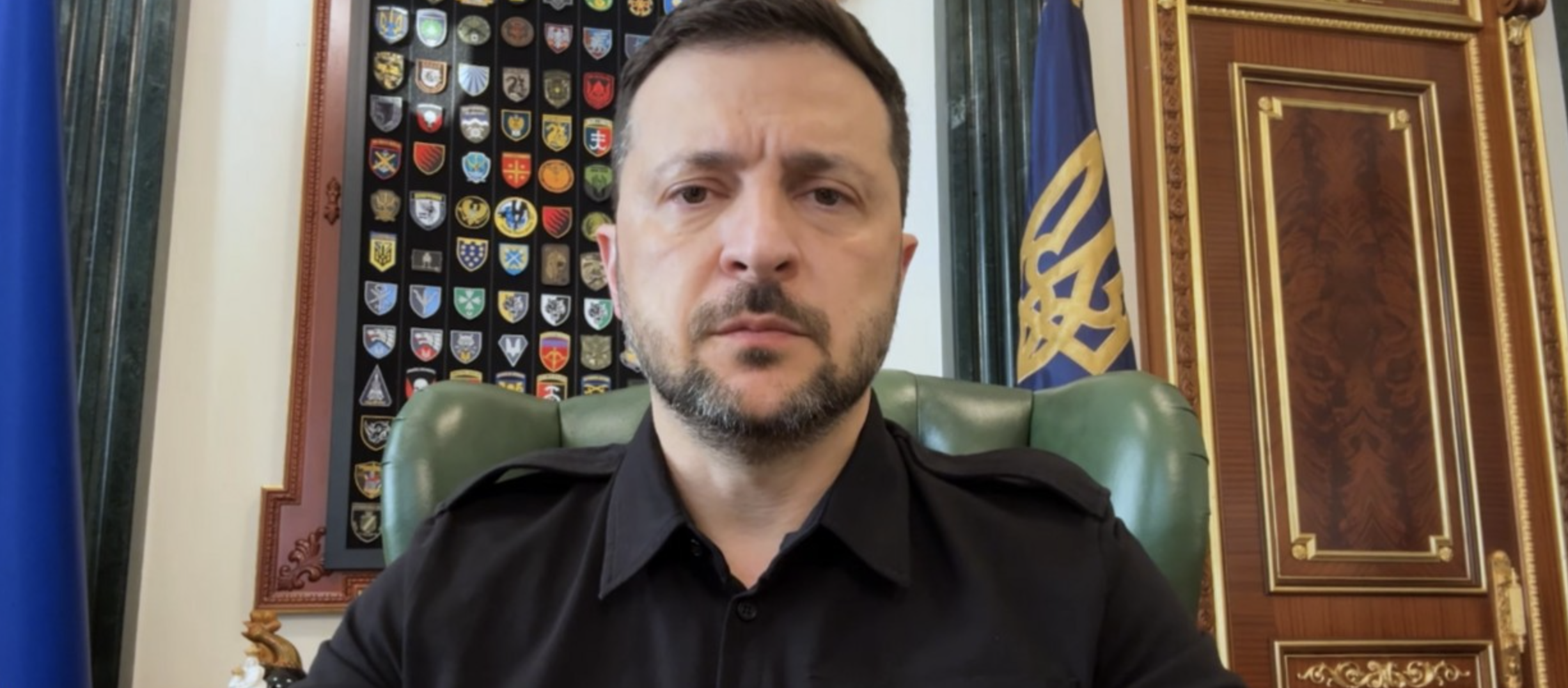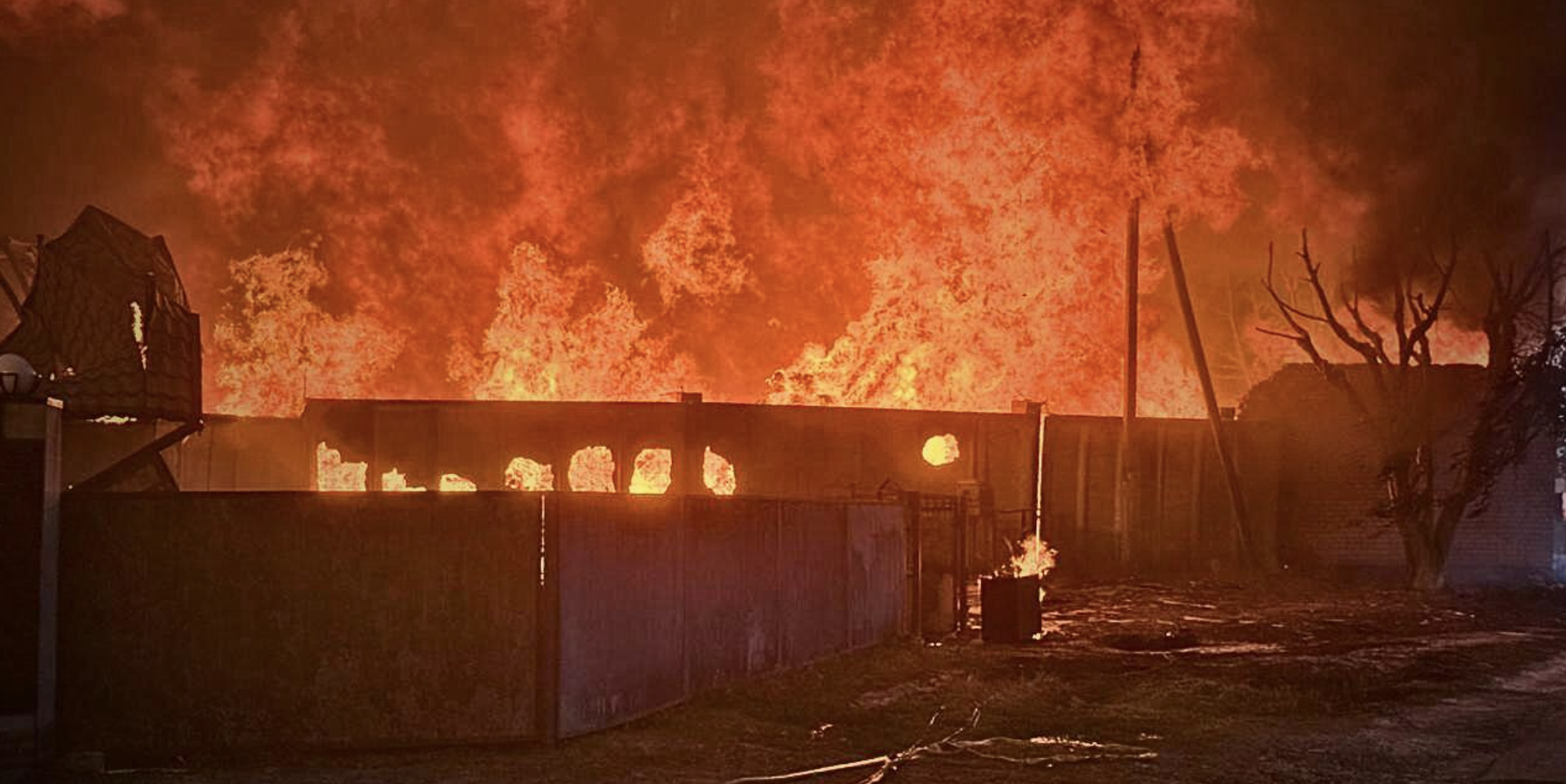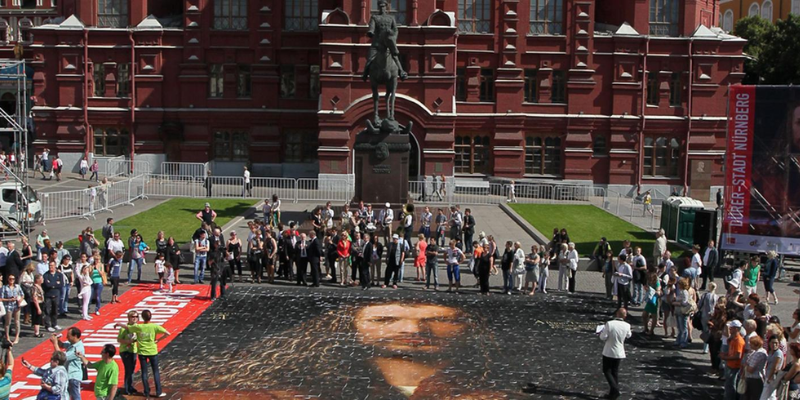
German political analyst Sergej Sumlenny, the founder of the European Resilience Initiative Center in Berlin, published an excellent, detailed, deep, and comprehensive analysis of the reasons and manifestations of the special attitude towards Russia in German society. This analysis covers a huge period from the reign of Catherine II to the present day.
“In fact, for decades, Germany had been creating its own, singular image of Russia. From the point of view of modern political ethics, it could be interpreted as a racist view or appropriation (in some ways it is). Germany created images for domestic consumption embodying everything incomprehensible, wild, and fascinating German admired about an imaginary, fictitious Russia,” writes Sumlenny in the article “The Curious Case of a Delusional Codependency” wonderfully illustrated by artist Oleh Smal.
“In 2021, the volume of trade between Germany and Russia was 59.8 billion euro. That same year, the volume of trade between Germany and Poland was 146.8 billion euro, nearly three times more in absolute terms or 9.3 times more per capita. This fact, however, didn’t make Poland an ‘important eastern partner and neighbor’ the same way the [German] business and political community painted Russia.
“What’s more, in 2021 Germany’s total volume of foreign trade with the whole world was 2.579 trillion euro […] Thus, Russia accounted for only 2.3 percent of German foreign trade. This figure, of course, is more than could be seen as within the statistical margin of error, but it’s not something extraordinary. […]
“Obviously, the image of Russia as an extremely important partner has been based on something more than economic statistics,” says the author.
Photo: “The German-Russian friendship is about more than pipelines. A newly opened exhibition in Moscow looks at what else has bound the two countries over the past millennium,” reads a story published by Deutsche Welle on June 22, 2012 – exactly 71 years after German forces invaded the Soviet Union and about two years before Russian forces occupied Crimea and part of eastern Ukraine. The story is titled “Thousand-year friendship” – even though there was no Russia a thousand years ago.
